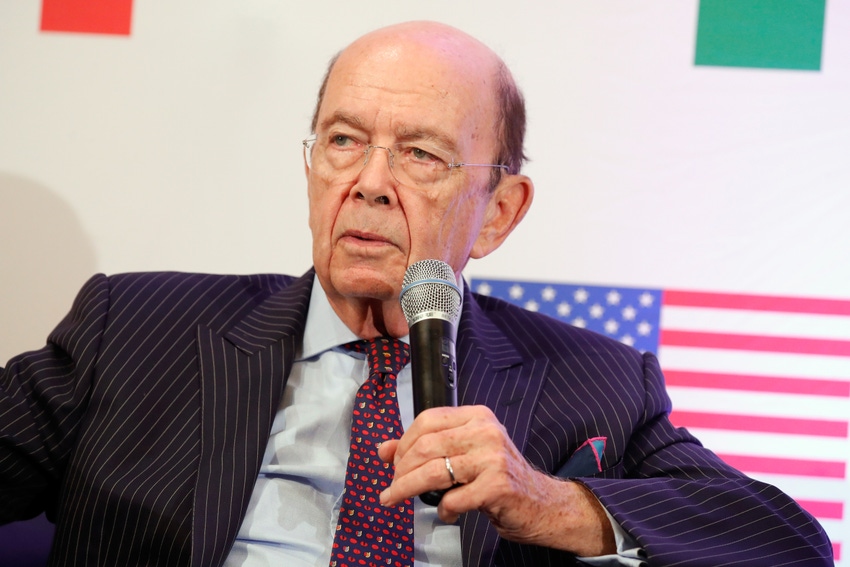Here is how NAFTA withdraw impacts ag by the numbers
Is President Trump setting the stage to withdraw from NAFTA? Five numbers show why that is not such a great idea for agriculture or the U.S. economy.
October 31, 2017

When the bell rang at the end of the fourth round in North American Free Trade Agreement negotiations, all sides came away fighting mad or at least that is how the mainstream media portrays it. In days before the latest meeting, U.S. Agriculture Secretary Sonny Perdue warned that revamping the landmark free trade agreement will be like a championship boxing match, going many rounds.
“If you ever watch a boxing match, they circle one another for a while,” Perdue notes. “I think we are done circling. So we are going to lay some things on the table in the next round.”
U.S. Commerce Secretary Wilbur Ross confirms the negotiation is just getting to the real hard issues. While the talks are confidential, the statements from Canadian and Mexican officials afterward indicate they are not exactly thrilled with the punches the United States is throwing.
Speaking at the Toronto Global Forum, Reuters reports Canada’s Minister of Foreign Affairs Chrystia Freeland said the United States had presented some “troubling” proposals in the NAFTA talks.
Later, in a press conference, Freeland criticized a one-sided strategy in NAFTA negotiations after U.S. Commerce Secretary Ross said he wasn’t prepared to make concessions to reach a deal.
Meanwhile, in the United States, groups are waging bets if President Trump’s next move is withdrawing from NAFTA altogether. A move, very few in agriculture would cheer on at ringside. Mexico warned if Trump pulls out of NAFTA, they will strengthen ties with other trading partners.
Eighty-seven food and agricultural organizations on Oct. 25 sent a letter to Ross disputing his recent assertions that there is no world oversupply of agricultural products and that the threat to American agriculture from a United States withdrawal from the NAFTA was an “empty threat.”
Yet, Ross said in a New York conference if the United States doesn't secure substantive changes to NAFTA, President Trump will make every effort to withdraw the country from the 23-year-old treaty. “The president is not a bluffer,” Ross said.
By the numbers
So eliminating any doubt, the agriculture group put the numbers to pen. As outlined in the letter, if Canada, Mexico and the United States return to “most favored nation” tariff rates upon any withdrawal from NAFTA, here is some of the impact by the numbers.
256,000
A net loss of 256,000 U.S. jobs, a net loss of at least 50,000 jobs in the U.S. food and agriculture industry
$13 billion
A drop in gross domestic product of $13 billion from the farm sector alone
40%
Mexico and Canada account for nearly 40% of U.S. pork export volume. An economic analysis by Iowa State University found that withdrawal would decrease total U.S. pork production by 5%, resulting in an aggregate industry loss of around $1.5 billion, jeopardizing more than 16,200 U.S. jobs.
150 million
The United States exported $3.2 billion worth of corn to Mexico and Canada last year, supporting 25,000 sector jobs. Withdrawal would cause U.S. production to fall by an average of 150 million bushels annually, erasing $800 million in value and increasing the need for farm program payments by $1.2 billion.
70, 27, 16
Looking at the other animal proteins, U.S. beef exports to Mexico and Canada exceeded $1.7 billion and accounted for 27% of total U.S. beef exports. In 2016, U.S. poultry exports were 7.95 billion pounds, over 16% of total production. Almost 70% of U.S. turkey exports go to Mexico.
While agriculture recognizes some sectors benefit from a NAFTA 2.0, the numbers support any revamping should include “do no harm” to agriculture and withdraw will have a long-lasting negative effect.
You May Also Like



